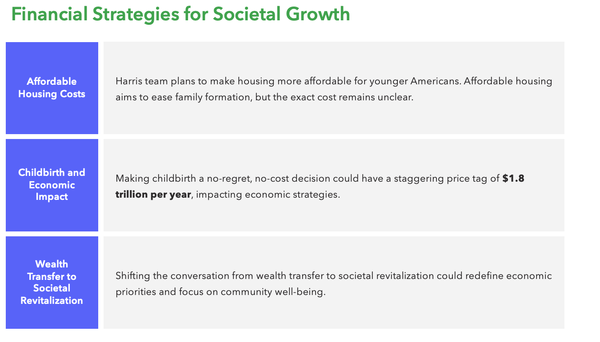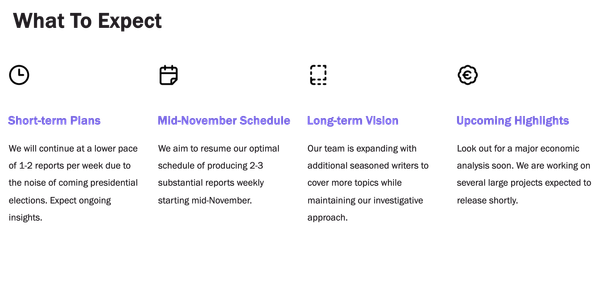Some thoughts on lazy journalism...
We parse a hasty, perhaps, paid article

The concerns raised about a post from TheStack, which aimed to discredit our reporting, warrant a closer look for several reasons. We suspect the article may have been a paid post, but we have significant concerns even if it were not.
Firstly, the article posits that the report of Broadcom's $38 billion acquisition offer for Zscaler were initially reported by an anonymous Substack post, yet fails to provide any concrete references to the specific Substack entries that from our reporting, making the author’s post as the sole source to judge the story.

Moreover, the tone of the piece is concerning it describes the potential impact of the acquisition on Zscaler's staff in a manner that appears more speculative and opinionated than factual, but even worse disrespectful towards both parties. Phrases like "struck living fear" suggest a subjective interpretation of the situation, potentially coloring the reader's perception of both Broadcom and Zscaler unfairly.
Additionally, the stack article notes our initial draft of the Broadcom/ Zscaler report includes a line about Broadcom's VMware deal being examined by regulators, when that deal actually closed in November 2023. The author jumps to the conclusion the post was AI generated based on this one point, discounting the errata we posted prominently. We should also note the bias against Broadcom is clear in their reporting, as they have another article posted prominently on their website with Nutanix supplied messaging. Maybe we use AI, but we certainly don’t use corporate communications to write our articles.
The assertion that Zscaler and Broadcom have a "history" based on a patent deal from 2020 is again lazy. The article vaguely mentions this past interaction without delving into the nuances of their relationship, notably omitting that the lawsuit predates Broadcom's acquisition of Symantec and was relatively minor compared to the companies' current competitive dynamics.
Lastly, the insinuation that our reporting was potentially crafted to manipulate Zscaler’s stock price is presented without any supporting evidence. This speculative claim stands on shaky ground, as it lacks substantive proof to back such a serious allegation.
Each of these points reflects a broader critique of the journalistic rigor applied in the the stack article, suggesting a need for a more nuanced, detailed, and evidentially supported approach to reporting on corporate affairs. These offhand efforts are one of the reasons we are starting this effort to support journalism ground up, supported by facts using anonymous sources and reporting anonymously.
Are we using AI? Who cares. Do we do our research? You bet we do.



